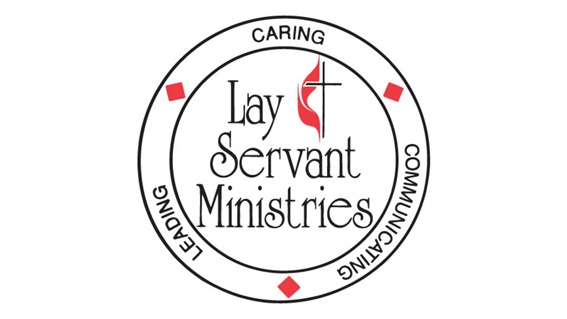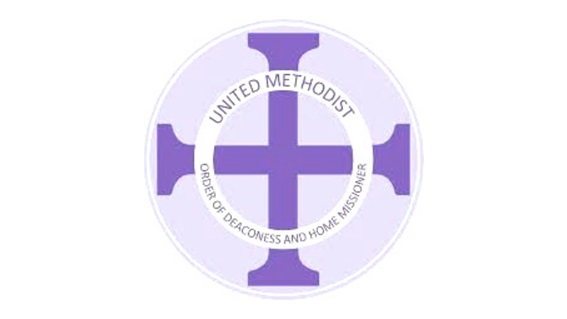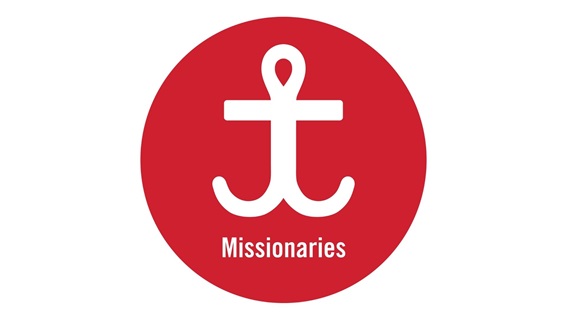Laity Ministry
Laity of the church are called to be disciples who fulfill the Great Commission
through acts of service that heal and liberate a broken world. This response is our ministry.

Lay Servant Ministries is one of the most significant lay leadership development programs available within the United Methodist connection. This system gives lay servants the opportunity to grow as disciples of Jesus Christ who then go and make other disciples.

Lay Missioners are committed lay people, mostly volunteers, who are willing to become a team with their pastor to live out the Wesleyan tradition of pursuing not only personal but social holiness.
Video Transcript:
All persons are created to thrive and live in peace. In a world full of brokenness and injustice, the people of the United Methodist Church believe the heart of Christian ministry is Christ's ministry of unlimited love (¶126).
Ministry is the expression of the mind and mission of Christ by a community that demonstrates a life of gratitude and devotion, witness and service, discipleship and celebration (¶126).
We understand that not everyone is called to be a clergy person but we believe everyone has a role in building a better world. Laity, or non clergy leaders of the church are called to be disciples who fulfill the Great Commission through acts of service that heal and liberate a broken world (¶127). This response is our ministry (¶121).
The forms of this ministry vary according to place, interests, and denominational characteristics, although they are always universal in character, in spirit, and in scope (¶126). The United Methodist Church has developed multiple ministry tracks for credentialing laity in ministry. Some commonly known examples of ministry tracks include deaconess, lay servant, lay speaker, and lay missioner, among others.
In order to respond to the realities of the Hispanic/Latino population, the United Methodist Church has developed contextualized and equivalent ministry certifications. The Lay Missioner (¶269) and Certified Lay Minister (¶268) programs are new tracks developed in partnership by The Plan for Hispanic/Latino Ministry and Discipleship Ministries in Spanish - with a Portuguese edition in process.
Although there is only one ministry in Christ, there are various gifts and evidences of God's grace in the body of Christ (Ephesians 4: 4-16). The ministry of clergy and laity is complementary. No minister is subordinate to another. Christ calls and sends all United Methodists to live and work together in mutual interdependence, and to allow themselves to be guided by the Spirit to truth, which liberates, and to love, which reconciles.
If you are feeling called to serve as a layperson with the United Methodist Church, we invite you to explore your vocation by visiting ResourceUMC.org/Lider and by talking to your Pastor.
*There are many ways to serve in the church beyond those mentioned here. The ministry opportunities listed on this page reflect official accreditation programs approved the General Conference of The United Methodist Church.
###
Discipleship Ministries connects leaders with needed resourcing, training, consulting, and networking that support spiritual formation, new church development, revitalization of local churches, and materials for use in Central Conferences.
The General Board of Global Ministries is the worldwide mission, relief and development agency of The United Methodist Church, working with partners and churches in more than 115 countries to equip and transform people and places for God’s mission.
United Women in Faith (formerly known as United Methodist Women) advocates on peace and justice, economic inequality, education, the rights of children, human rights and farm workers' rights. We support our work with a scriptural basis and adheres to the denominational mandates in The Book of Discipline and The Book of Resolutions.
UM News Feed View All News Articles
Sponsored








